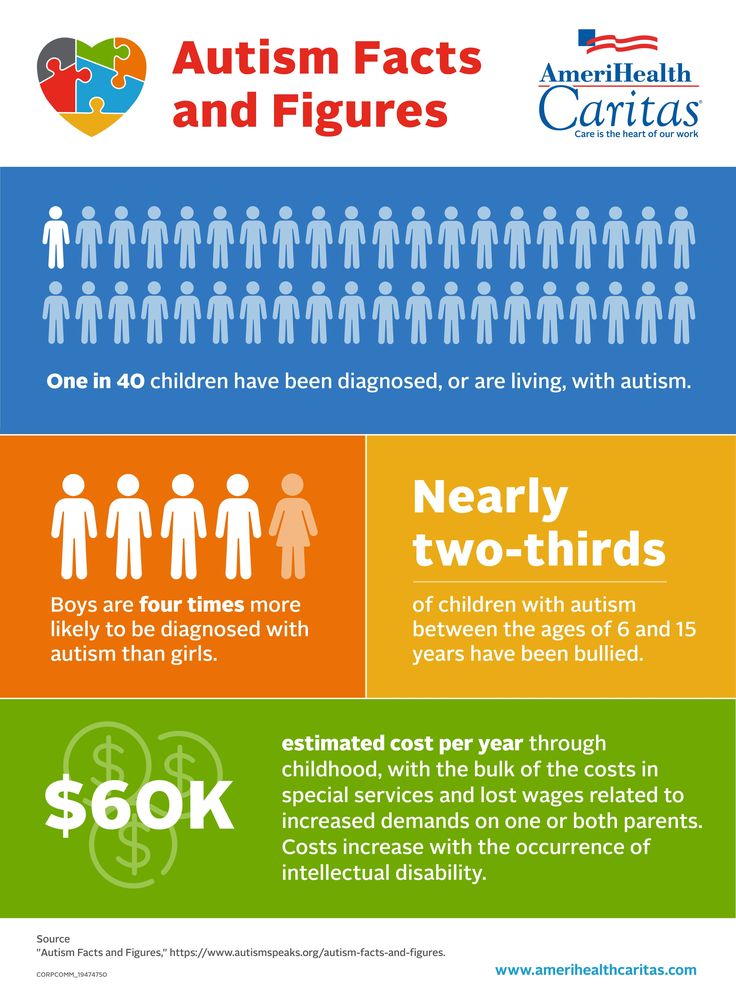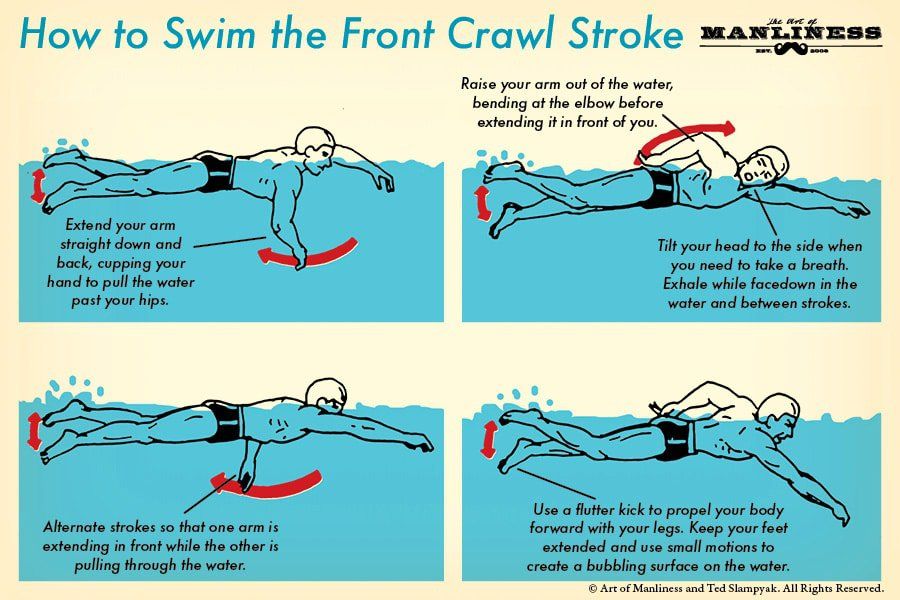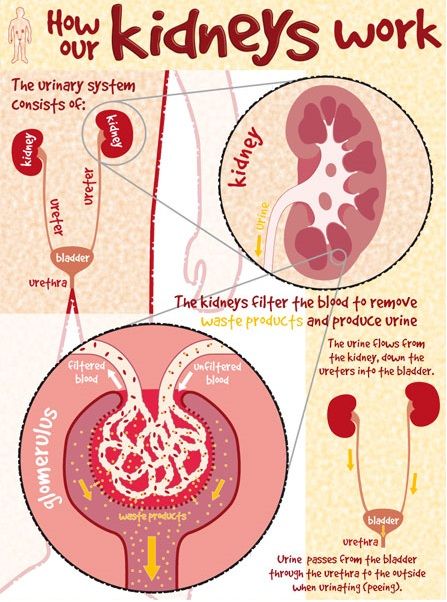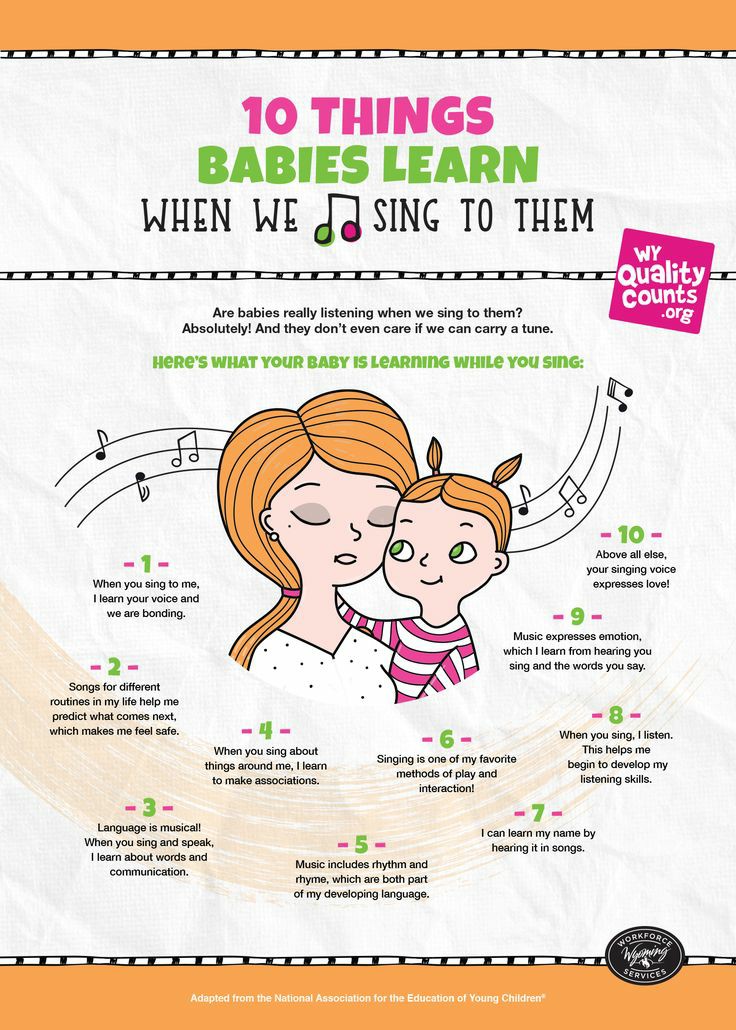Us army advert on how to praise your child
Effective praise is important part of parenting | Article
Good job! You're such a good kid! How many times do parents say these words of encouragement? And rightly so: One of the best tools for positive parenting is giving praise. Praise can show your children that you love and appreciation them, and importantly, lets them know when they're doing something well.
But how many parents also know that experts and research suggest that some kinds of praise are more effective than others?
When your child does something well, it often just feels natural to say something like, "Wow, that was amazing!" But let's take a closer look at this kind of praise.
What did the child do to deserve the praise? From such a generic statement, we, as readers, can't possibly know. And guess what? Though children may be able to take a guess about what they did that was so amazing, they can't really be sure either.
Tip No. 1: Be specific. Remember that one of the most important jobs we have as parents is to guide and teach our children. The more specific we are about what they're doing well, the more we are teaching them what good behavior is -- and the more they'll be able to repeat it in the future.
Did they clean up their room without being asked? Try, "Wow, your room looks so nice with all the toys and clothes put away. And I really appreciate that you cleaned up all on your own."
After your child speeds through her math homework, you encourage her with a heartfelt: "You're so smart!" But what happens when she struggles with the next assignment, or even brings home a bad grade? If she's smart when she succeeds, she must be stupid when she has trouble or -- gulp -- fails.
Tip No. 2: Praise effort, not achievement. When you help your child see that success is because of effort, she will be less likely to give up when challenged. Do this by offering praise that focuses on the work your children put into what they're doing. For instance, "You concentrated really well and worked really hard on your math homework -- and you got through it so quickly!"
Okay, so how about this one: It's art time and your 2-year-old enthusiastically grabs as many crayons as he can and uses big arm strokes to scribble them all over the paper. Cute? Yes. An enriching exercise in hand eye coordination, fine motor control, and creative expression? Absolutely. The next Van Gogh? Probably not.
Cute? Yes. An enriching exercise in hand eye coordination, fine motor control, and creative expression? Absolutely. The next Van Gogh? Probably not.
Tip No. 3: Be realistic. You can praise your budding artist without going overboard with, "That's an amazing drawing." Often, children just want to be acknowledged and they want your attention. So take a hint from tips No. 1 and 2 and acknowledge your child's efforts by focusing on something specific.
You can try, "Wow, today you really liked to use red." Children do not need excessive praise; in fact, when you exaggerate, it can even end up making your children feel silly and make you look insincere.
This is also holds true for tasks that should be easy. Let's say you fawn over your 8-year-old for putting on her jacket all by herself. She may start to have less faith in her abilities ("Gosh, if I get so much praise for doing something so ridiculously easy, I must not be very competent") and in you when you encourage her for real accomplishments ("I shouldn't listen to them; my parents get really excited for every little thing I do").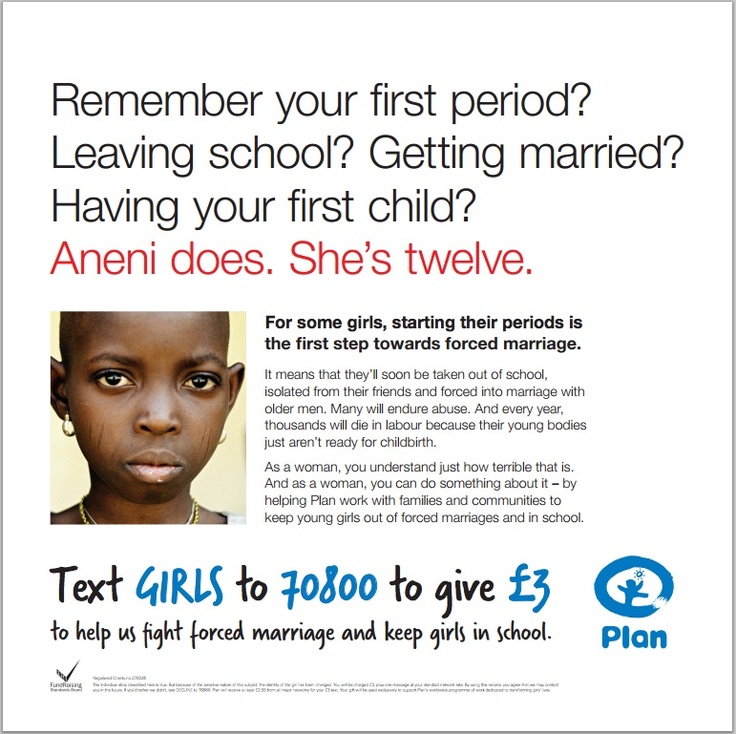
Finally, to round things off, the best praise is absolutely sincere and is as timely as possible. That is, say it with a genuine smile and really mean it. Sarcasm, comparisons or competitive comments can be confusing and ultimately hurtful to children. And praise is most effective when it is delivered as close to the praise-worthy behavior as you can get it. The longer you wait, the more the positive effects may get dampened by time.
One of the pillars of positive parenting is showing your kids love and support. What better way to do that than praising your children thoughtfully and purposefully? Giving effective praise can take some practice, but eventually it will start to come naturally.
And when you succeed at giving great encouragement, don't forget to praise yourself for the wonderful job you're doing raising a confident, successful little person. (VanderBorght has a Ph.D. in developmental psychology. She is an expert in early cognitive development in children.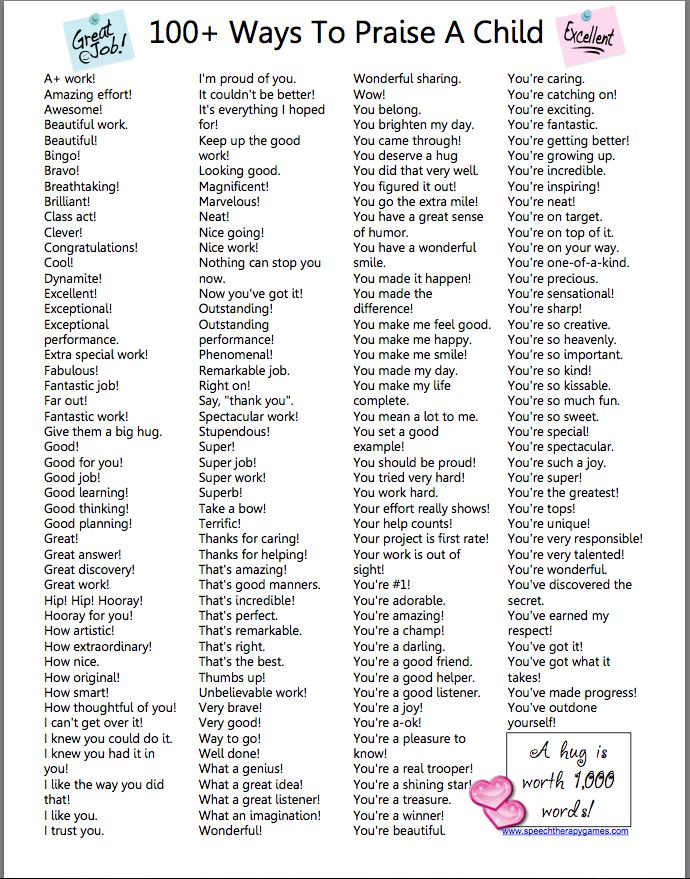 )
)
USAG Italy website
USAG Italy Facebook page
Operation Christmas Child | Shoebox Outreach of Samaritan’s Purse
YOU HAVE (0) ITEM(S) IN YOUR CART. CHECKOUT NOW
Operation Christmas Child®
Send a gift to the ends of the earth through Build a Shoebox Online.
- Build A Shoebox Online \
- Volunteer at a Processing Center
- Follow Your Box Look-up Tool
-
- Find Your Drop-Off Location
- Volunteer at a Processing Center
- Ways to Give
Greatest Journey App!
Download our FREE Bible Game App for Kids!
How to Pack a Shoebox Video
Please enable Javascript to watch this video
Download videos for your church or group
English
English Español
It only costs $10 to provide a Bible or Christian literature for a family in need through the Christmas catalog.
You are visiting the Samaritan’s Purse website for Operation Christmas Child United States.
Click below if you would rather visit the site of one of our Samaritan’s Purse affiliate offices:
- Operation Christmas Child Australia & New Zealand
- Operation Christmas Child Canada
- Operation Christmas Child Germany
- Operation Christmas Child Korea
- Operation Christmas Child United Kingdom
You are visiting the international website for Samaritan’s Purse, headquartered in the United States.
You also may be interested in visiting and giving through our affiliate sites:
- Samaritan’s Purse Australia and New Zealand
- Samaritan’s Purse Canada
- Samaritan’s Purse Germany
- Samaritan’s Purse Korea
- Samaritan’s Purse United Kingdom
How to properly praise a child
Praise, support, approval, caress and unconditional acceptance.
How to react when a child has done something good?
It is often possible to observe how mothers or fathers violently express their emotions on playgrounds, expressing approval of the child's activities. He built a Easter cake - "well done!". He climbed the hill - "well done!". Rolled down the hill - "well done!" and thunderous applause. Such behavior betrays well the parents - supporters of the theory "praise more often and more, and then the child will succeed in life," which is often found in the popular literature on child psychology. Sometimes the absence or lack of praise from the parents themselves in childhood also affects, and they, praising their child, try to compensate for this damage.
He built a Easter cake - "well done!". He climbed the hill - "well done!". Rolled down the hill - "well done!" and thunderous applause. Such behavior betrays well the parents - supporters of the theory "praise more often and more, and then the child will succeed in life," which is often found in the popular literature on child psychology. Sometimes the absence or lack of praise from the parents themselves in childhood also affects, and they, praising their child, try to compensate for this damage.
To begin with, each parent should separate the concepts - praise, support, approval, affection and unconditional acceptance. All these things are interconnected, but by no means the same thing. And there is no need to explain that the word "well done" is not able to replace the words "I love", "I understand", "I rejoice", "I see". And, unfortunately, sometimes replaces.
There are negative sides to excessive praise.
The child gets addicted to praise
When we too often express our assessment of the child's actions (“good”, “well done”, “correct”), he gets used to focusing only on it.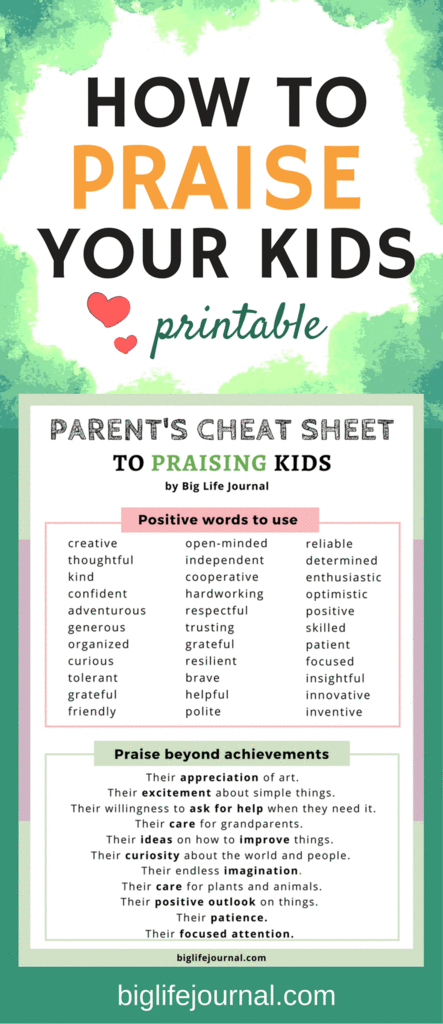 The child is waiting for our reaction, while not paying attention to his own attitude to his success. Moreover, as a child grows older, he will feel more and more need for constant approval of his actions. Thus, a painful dependence on the opinions of others is gradually formed, which is projected into adulthood. The fact that excessive praise becomes an addiction is also written by Julia Gippenreiter in her book Communicating with a Child. How?"
The child is waiting for our reaction, while not paying attention to his own attitude to his success. Moreover, as a child grows older, he will feel more and more need for constant approval of his actions. Thus, a painful dependence on the opinions of others is gradually formed, which is projected into adulthood. The fact that excessive praise becomes an addiction is also written by Julia Gippenreiter in her book Communicating with a Child. How?"
Children lose interest in the process
They are now only interested in the outcome approved by their parents. Accustomed to receiving reward or approval for their actions, children stop doing something for the sake of the cause itself. They draw only to show the drawing to their relatives and hear words of admiration. And empathic qualities - kindness, generosity, care, sympathy are shown only in order to receive approval - "what a good and kind boy!"
Praise becomes a means of manipulating the child
Using the words "well done", "great", "excellent" parents seek to reinforce the positive actions of the child.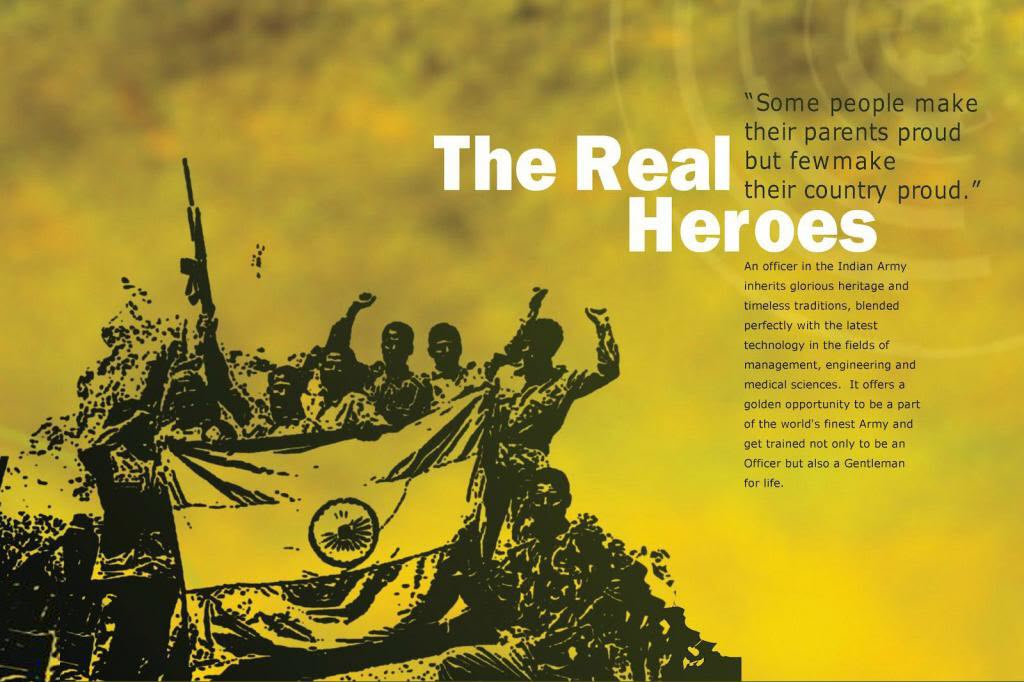 Knowing this or not, we put into practice the method of positive reinforcement based on the theory of the American behavioral psychologist B. Skinner. In popular literature, this method is well described in Karen Pryor's book Don't Grow at the Dog! The meaning of positive reinforcement is to encourage the object of our influence after each positive act, be it a child, a husband or a dog. Those. when a cat sharpens its claws in the right place, we immediately praise it or give it a treat, and in the future this action begins to be associated in the animal with pleasant consequences, and the correct behavior is reinforced. Thus, the method of positive reinforcement works in relation to people.
Knowing this or not, we put into practice the method of positive reinforcement based on the theory of the American behavioral psychologist B. Skinner. In popular literature, this method is well described in Karen Pryor's book Don't Grow at the Dog! The meaning of positive reinforcement is to encourage the object of our influence after each positive act, be it a child, a husband or a dog. Those. when a cat sharpens its claws in the right place, we immediately praise it or give it a treat, and in the future this action begins to be associated in the animal with pleasant consequences, and the correct behavior is reinforced. Thus, the method of positive reinforcement works in relation to people.
The problem is that often we as adults do not realize whether it is reasonable to expect a certain action from a small child. For example, for the fact that the child runs around in the room - we will straighten him up, but for the fact that he sits quietly on a chair - we will praise him. But, do we think about how difficult it is for a baby to sit still, how unnatural it is for him and perhaps even painful. Most children are willing to make any sacrifice to win the approval of their parents. Then a certain contradiction arises in the baby’s head - “this is desirable, but not approved, which means it’s bad”, although objectively there may be nothing wrong with this.
But, do we think about how difficult it is for a baby to sit still, how unnatural it is for him and perhaps even painful. Most children are willing to make any sacrifice to win the approval of their parents. Then a certain contradiction arises in the baby’s head - “this is desirable, but not approved, which means it’s bad”, although objectively there may be nothing wrong with this.
Children stop rejoicing at their successes
When at the moment of a child's success we exclaim joyfully “Good girl!” at the same moment, we deprive the child of the opportunity to show joy for his success himself, as if taking away this prerogative from him. Thus, we devalue his opinion. And the more often this happens, the less often the child feels the need to share his joy. What for? After all, there will always be those who will do it for him. And at the moment when he succeeds, he does not flash with pride - "I did it!", But runs to us with the question "Do you like it?"
Children's motivation decreases
When a child is praised for personal qualities after successfully completing a task (“you are so smart”, “you are great”, etc. ), he has difficulty completing subsequent tasks. This is evidenced by the results of studies conducted by the American psychologist Carol Dweck in twelve schools in New York with the participation of more than 400 students. During the study, students were asked to take a test consisting of puzzles. After the child completed the task, he was praised. One half of the children were praised for their intelligence: “You are good at this,” and the other half were praised for their efforts: “You must have tried very hard.”
), he has difficulty completing subsequent tasks. This is evidenced by the results of studies conducted by the American psychologist Carol Dweck in twelve schools in New York with the participation of more than 400 students. During the study, students were asked to take a test consisting of puzzles. After the child completed the task, he was praised. One half of the children were praised for their intelligence: “You are good at this,” and the other half were praised for their efforts: “You must have tried very hard.”
The students were then asked to choose one of the following two tests. The first test was said to be quite difficult, the other test was a task similar to the first. As a result, those children who were praised for their efforts chose the harder test. And those children who were praised for their intelligence mostly chose the easier task.
To Alfie Kohn's five points, I would add two more. The value judgments “well done”, “clever”, “how good you are”, expressed at the time of the correct (from the point of view of adults) act of the child, violate the principle of unconditional acceptance. The child realizes that he is good only in those moments when he did what his parents liked. “And if I do it differently, I’ll be bad,” he thinks. The child begins to feel that the love of parents constantly needs to be won, and they can love only for good behavior.
The child realizes that he is good only in those moments when he did what his parents liked. “And if I do it differently, I’ll be bad,” he thinks. The child begins to feel that the love of parents constantly needs to be won, and they can love only for good behavior.
Parents also often use words of praise to show their interest in the child's activities. Sometimes thrown, without looking at the drawing, the word “well done” can be perceived as “yes, I see that you drew something there, but don’t bother me now,” which means it will plant distrust in the child’s soul to the words of an adult.
So, we found out that praise has not only positive, but also negative consequences. Should we now completely abandon the word of approval for our child? Of course not! Sincere words of approval are important and necessary, and it would not be right to restrain your emotions when you really rejoice at the success of your child, but it is quite possible to diversify the forms of praise and approval.
So your baby has done something good, how can you respond to it?
1. Say nothing
This approach is very much in tune with the Montessori method. Maria Montessori wrote that, by nature, a child does not need praise. It contains the desire to learn and create, and praise cannot affect its internal motivation in any way, only if the child is not already crippled by constant assessments from the parents. In Montessori classes, it is generally not customary to praise, and children quickly get used to this and master the ability to independently evaluate their result. Most materials and teaching aids in the Montessori environment include error control - this means that the child can check himself, check with the sample. This eliminates the need for children to contact the teacher every time with the question of whether he completed the task correctly. Teachers, in turn, almost completely avoid evaluative judgments of the child's actions.
2. Indicate your presence with a look or gesture
Sometimes it's important just to be near the child, and words are not needed. If the child turns his gaze to you, wanting to attract attention, then you lovingly look at him in response, or touch with your hand, hug. These subtle actions from the side will tell the child a lot - that you are nearby, that you are not indifferent to what he is doing.
If the child turns his gaze to you, wanting to attract attention, then you lovingly look at him in response, or touch with your hand, hug. These subtle actions from the side will tell the child a lot - that you are nearby, that you are not indifferent to what he is doing.
3. Tell the child about what you see: “What beautiful flowers you drew!”, “You yourself put on a shoe!”, “The cat is pleased that you stroked her, she even exposes her neck to you!” The child does not need evaluation, it is important for him to know that you see his efforts.
Proponents of this approach, world-famous experts in the field of communication with children A. Faber and E. Mazlish recommend praising a child for positive actions in this way. If, for example, the baby ate the whole soup, then you can say “this is what I understand a healthy appetite!”. If you put the toys back in place - “the room is in perfect order!”. Thus, you will not only express words of approval for the child's act, you will look into its essence, and also show that you respect the efforts of the child.
4. Ask the child about his work: “Do you like your drawing?”, “What was the most difficult?”, “How did you manage to draw such an even circle?” With your questions, you will encourage the child to think about their work and help them learn to self-evaluate their results.
5. Express praise through the lens of your feelings
Compare the two phrases "Beautifully drawn!" and “I really like the way you drew this ship!” The first one is absolutely impersonal. Who painted what is painted? In the second case, you express your attitude to the work of the child, noting the moments that you especially liked.
6. Separate the assessment of the child and the assessment of the action
Try not to pay attention to the child's abilities, but to what he did, and note this in your praise: “I see that you have removed all the toys. It's great that the room is now clean, "instead of" What a neat you are!
7. Praise the effort, not the result
Celebrate the child's efforts: “It must have been difficult for you to give half of the sweets to your friend. That was a generous act of you!” This is how you show your child that you appreciate his efforts and understand that being generous is not easy.
That was a generous act of you!” This is how you show your child that you appreciate his efforts and understand that being generous is not easy.
As you can see, the range of possibilities for expressing approval of a child is quite wide and certainly does not come down to standard value judgments. Does this mean that parents should completely abandon the words “well done”, “good”, “excellent”. Of course not. It would be wrong to restrain yourself in those moments when the actions of the child cause you bright positive emotions. But still, one of the most reasonable arguments in favor of expanding the range of ways to praise a child is the opportunity to once again tell him about your feelings.
Life at the end of a belt | 72.ru
Share
Share
Punish the child or not? Where lies the golden mean between punishment and too soft education? Can physical punishment be allowed? Ordinary parents have to look for answers to these questions every day. And a lot depends on their education, wisdom, flexibility and ability to love - literally the life and fate of their child.
Yuliya's friend complained indignantly that her parents slapped her ass every time her one and a half year old niece because she "went" into panties instead of a potty. “It took a lot of effort for me to prove how wrong they are, because the girl simply, due to her age, does not understand what kind of crime she committed - she cries and sincerely grieves that her beloved parents treat her this way,” says Yulia. Another friend, Natalya, believes that sometimes mom and dad can afford light physical punishment when persuasion becomes useless. The child will understand that he is doing something wrong. She cites herself as an example - she was brought up with a belt for pranks. “It didn’t hurt me, but it was insulting - yes, and I am grateful to my parents because they tamed my exuberant temperament in this way and did not let me do stupid things,” she says.
Rules for Punishment
The ultimate goal of punishment or encouragement, as the main methods of education, is the good for the child.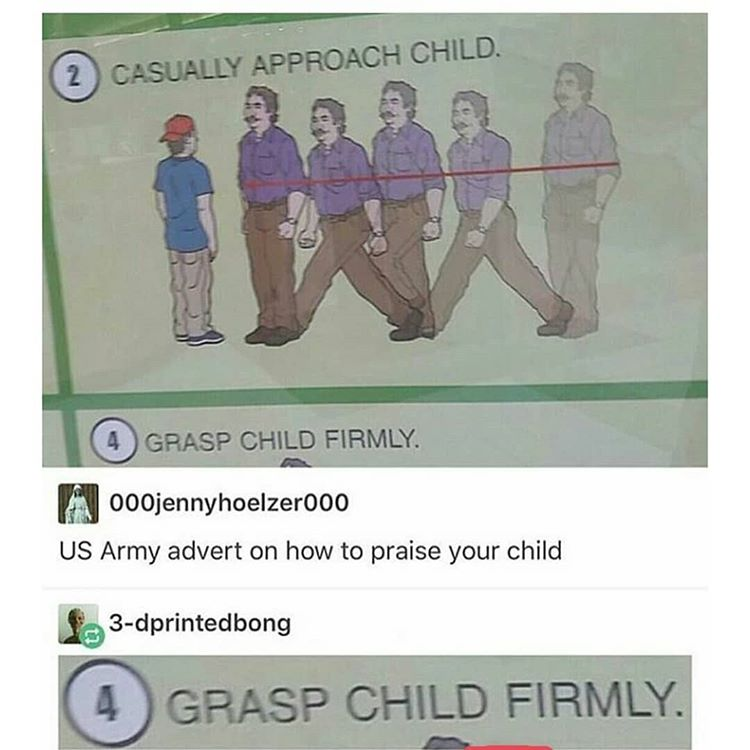 Both are dictated primarily by the love and care of parents for their child. But not all mothers and fathers think about whether they have chosen the right approach. “Each parent wants a child to be happy, but not everyone knows how to do it, and most often does what his own parents did to him, or, contrary to them, in the exact opposite way,” says psychotherapist Svetlana Minska .
Both are dictated primarily by the love and care of parents for their child. But not all mothers and fathers think about whether they have chosen the right approach. “Each parent wants a child to be happy, but not everyone knows how to do it, and most often does what his own parents did to him, or, contrary to them, in the exact opposite way,” says psychotherapist Svetlana Minska .
Any upbringing is possible only against the background of unconditional positive acceptance of the child. This means that even when punished, he does not lose parental love and support. The child must have confidence that he will be understood and forgiven, and his actions will be considered separately from his personality. However, in most cases, during punishment, the child feels rejected, because he sees rejection of him as a whole behind the incorrectly expressed criticism of his actions, Svetlana Minskaya believes. She advises a more constructive approach to criticism and condemning a certain act of the child, and not himself. For example: "I am upset with your behavior at school, and I was very ashamed to hear about your behavior." With such phrases it is much easier to start a conversation and find out the reasons for the child's behavior, and they do not sound insults that you want to answer in the same way.
For example: "I am upset with your behavior at school, and I was very ashamed to hear about your behavior." With such phrases it is much easier to start a conversation and find out the reasons for the child's behavior, and they do not sound insults that you want to answer in the same way.
Frequent parents are once again afraid to praise their child in order, God forbid, not to spoil him. But for normal development, any person needs both negative and positive “strokes”. In fact, it turns out that we praise the child much less often than we punish. And then he tries in any way to attract the attention of his parents, even if it is negative. Pampering, according to Svetlana Minskaya, begins where adults cannot say “no”, punish a child for misconduct and indulge all his requests to the detriment of their needs.
A fair punishment is a punishment that a child receives by violating the rules established by the parents and known to the child, says the psychotherapist. With unfair punishment, the child feels sincere resentment and misunderstanding of the meaning of the punishment. He gets confused because of the inconsistent behavior of adults. In any case, when punishing a child, he must be sure that it is fair and his parents still love him. In any punishment, children should not be deprived of the satisfaction of their biological and physiological needs. The child should be informed about what offenses will be punished and in what form. In addition, the punishment of children should be temporary and consistent, not ad hoc.
He gets confused because of the inconsistent behavior of adults. In any case, when punishing a child, he must be sure that it is fair and his parents still love him. In any punishment, children should not be deprived of the satisfaction of their biological and physiological needs. The child should be informed about what offenses will be punished and in what form. In addition, the punishment of children should be temporary and consistent, not ad hoc.
To beat or not to beat?
Many psychologists say that it is possible to resort to physical punishment, but only in exceptional cases. Firstly, if the child's behavior poses a threat to his life or the lives of others, and there is no time to explain why this behavior is not allowed. A banal example is pampering on the roadway. Also, physical punishment is quite acceptable if the child deliberately and purposefully brings parents or other family members who are not able to fend for themselves (for example, younger children). The psychological underpinning of this kind of action is to test the strength and boundaries of the parents. If the parents cannot stand up for themselves, then the child cannot be sure that in a more dangerous situation they will be able to protect him.
The psychological underpinning of this kind of action is to test the strength and boundaries of the parents. If the parents cannot stand up for themselves, then the child cannot be sure that in a more dangerous situation they will be able to protect him.
However, one should distinguish between such concepts as punishment and violence, which harms the child's health, both physical and mental. Terrible traumas from such upbringing can remain for life, says psychologist of the regional Perinatal Center Elena Abramova . Moreover, trauma affects throughout life at several levels: physical, social, psychological, spiritual. At the physical level, says Elena Yuryevna, first of all, somatic health suffers. Socially, such people are also subject to serious life problems. They often ask themselves the questions “Who am I in this life?”, “What should I do, behave with my friends?” At the psychological level, the experienced violence makes the victims feel insecure, they do not know who to trust, they even become aggressive.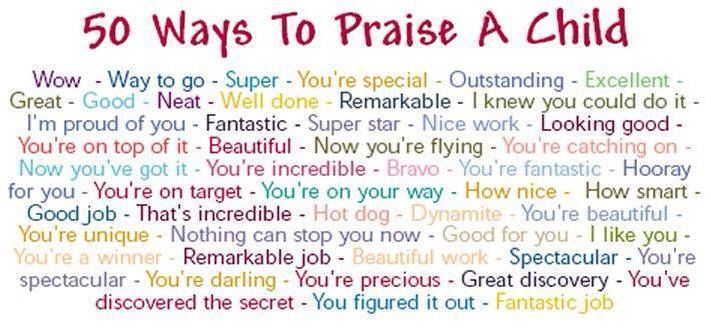 On a spiritual level, a person is puzzled, what is evil, and what is good? Such people seriously think about life and death, this topic is the background of life, they lose all the values of life and its meaning as a whole.
On a spiritual level, a person is puzzled, what is evil, and what is good? Such people seriously think about life and death, this topic is the background of life, they lose all the values of life and its meaning as a whole.
Following adults, children also resort to violence as a way to achieve their own goals, only they use it in relation to weaker ones, says educational psychologist Olga Gudareva . If a girl or boy is convinced of the effectiveness of such techniques, then they begin to use them more and more often. So there is a habit of aggressiveness. “If parents beat their children, this indicates a complete lack of mutual understanding, love, and respect between them. Obviously, all educational influences do not reach the goal, the adult enjoys the right to severely punish the child at his own discretion, despite the fact that this type of punishment destroys the hope of the possibility of contact between him and the child, ”says the psychologist.
However, whipping or physical punishment does not have the educational effect it is intended to have. Firstly, a child experiencing pain and humiliation has a desire to do it out of spite, only on the sly. He learns to lie and hide what he has done until the next punishment. He realizes his anger and aggression in response to physical violence by beating weaker children or torturing animals. Secondly, parents, having not received the desired effect, hit harder and longer next time. As a rule, such people do not want to cause serious harm to their child at all, but, as the English pediatrician Christopher Hobbs says, consciousness no longer controls what the hands do.
Firstly, a child experiencing pain and humiliation has a desire to do it out of spite, only on the sly. He learns to lie and hide what he has done until the next punishment. He realizes his anger and aggression in response to physical violence by beating weaker children or torturing animals. Secondly, parents, having not received the desired effect, hit harder and longer next time. As a rule, such people do not want to cause serious harm to their child at all, but, as the English pediatrician Christopher Hobbs says, consciousness no longer controls what the hands do.
Toxic parents
“Raising a hand against a child means admitting to pedagogical impotence,” writes psychologist Olga Bermant-Polyakova, who has devoted her scientific work to post-trauma in children, its diagnosis and therapy. In other words, if you spank a child, then he is not bad (naughty, harmful, moody), but you cannot cope with your feelings. And it is not the child that needs to be corrected, but you.
